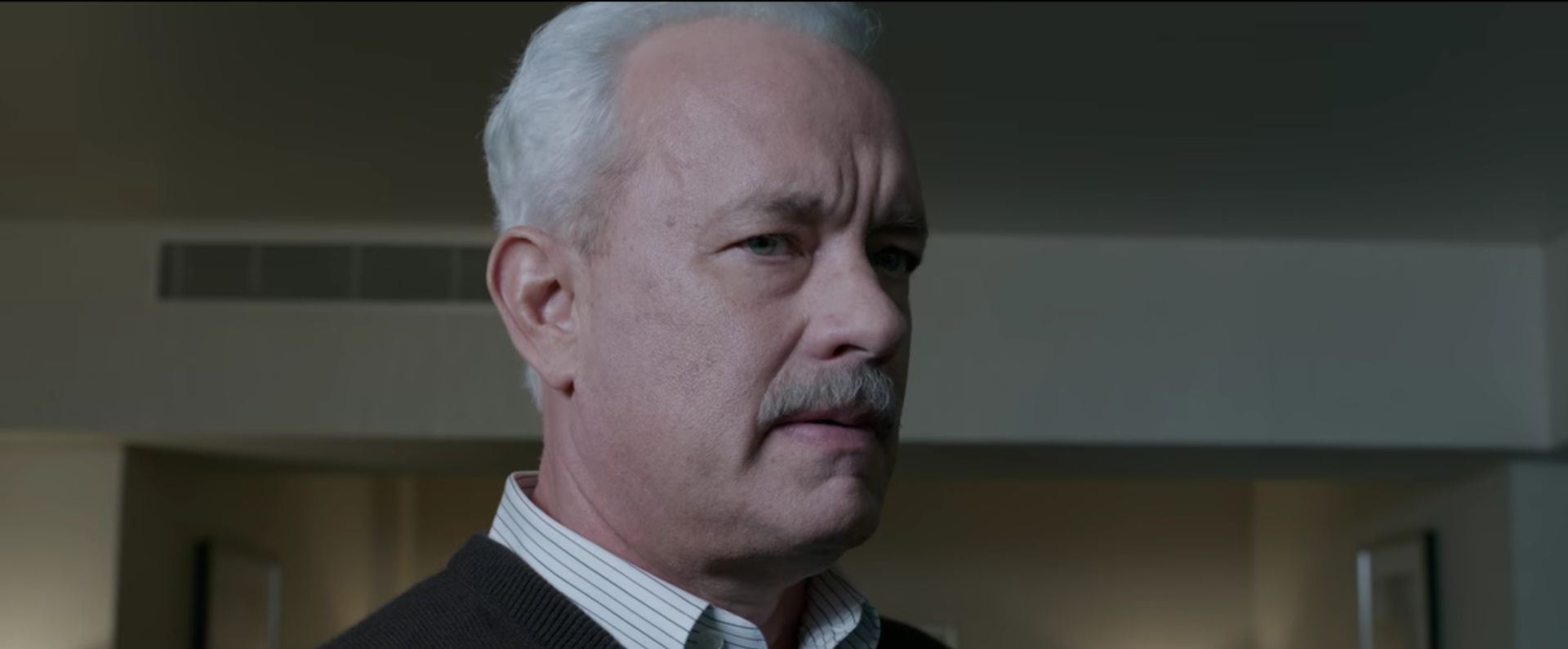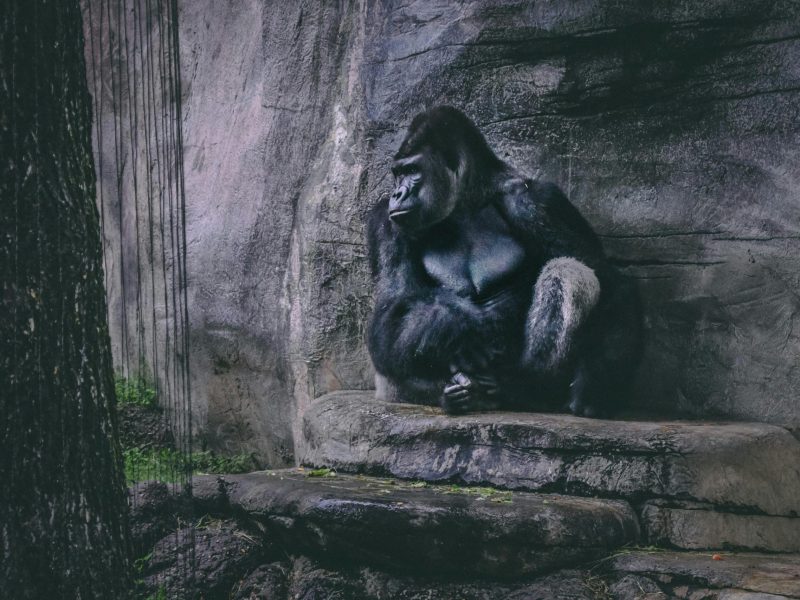Director Clint Eastwood explores the limitations of a modern American hero in Sully, starring Tom Hanks as the title character. Despite the efforts of an all-star cast, the film falls short of spectacular.
Sully depicts the remarkable emergency landing of the US Airways Flight 1549 into the Hudson River on Jan. 15, 2009. With such an extraordinary story, it’s hard to understand just how the film fails to be engaging. Throughout the movie, I felt as if the story was better off being shown as a documentary due to the film’s lack of both substance and genuine performances. The logistics of the crash became more interesting than attempting to understand the feelings of those on board.
Opening with such an immediate sense of urgency, the film feels formulaic. Captain Chesley “Sully” Sullenberger and First Officer Jeffrey Skiles (Aaron Eckhart) safely depart LaGuardia Airport en route to a stopover in Charlotte, North Carolina. Trouble strikes only three minutes into the flight, as the plane flies through a flock of Canadian geese, destroying both engines. As Sully navigates through the film appearing lost and sometimes stoic, it becomes clear that his trouble separating reality from a nightmare is much more menacing than being forced to land a failing plane in frigid water.
The film’s method of nonlinear storytelling to capture the disjointed memory of Captain Sullenberger, who deals with newfound fame while under intense scrutiny by the National Transportation Safety Board, is initially effective. The landing is replayed several times, each time unraveling new information to emphasize the precision of Sully’s grave calculations. However, the flashback sequences that at the outset tie the film closer together eventually feel dull and overshadow the efforts of other relevant heroes, as Sully’s valor becomes more than understood.
While aboard, Sully remains impervious to the immediate sense of danger, a stark contrast to the overt hysterics of the passengers. The film’s characters feel less like characters and more like caricatures, and while this may have been done to admire Sully’s control in the face of adversity, their fears of death become significantly less palpable. Laura Linney, starring as the captain’s wife, gives such a mediocre performance that her reaction to the crash and the investigation that followed often had me laughing rather than moved.
The dry humor by Eckhart’s character provides a refreshing break from the film’s ongoing feeling of uncertainty. Likewise, the civilians’ amazement for Sully as he becomes a household name is a reliable source of comedy, as their performances do not at all appear realistic. The film’s incongruous score, however, is probably the root of its absurd clichés.
Eastwood is known for directing films starring an internally conflicted male lead and the intense examination of their humanity, yet Sully‘s manifestation of this trend feels uninspired. I could not help but compare the film to Eastwood’s 2014 blockbuster hit, American Sniper. In both pieces Eastwood attempts to capture a visceral experience; however, Sully is unable to guide me toward a mutual understanding of the emotions felt by the 155 people aboard the miracle on the Hudson River.
The abrupt ending left me feeling not only dissatisfied, but rather had me believing the script truly did not have enough subject matter to be made into a full length film. This type of story should not have been relegated into 96 minutes of intense dramatization — and while Eastwood’s direction for these type of films may seem fitting, the failures of Sully establish his crash into a creative wall.



